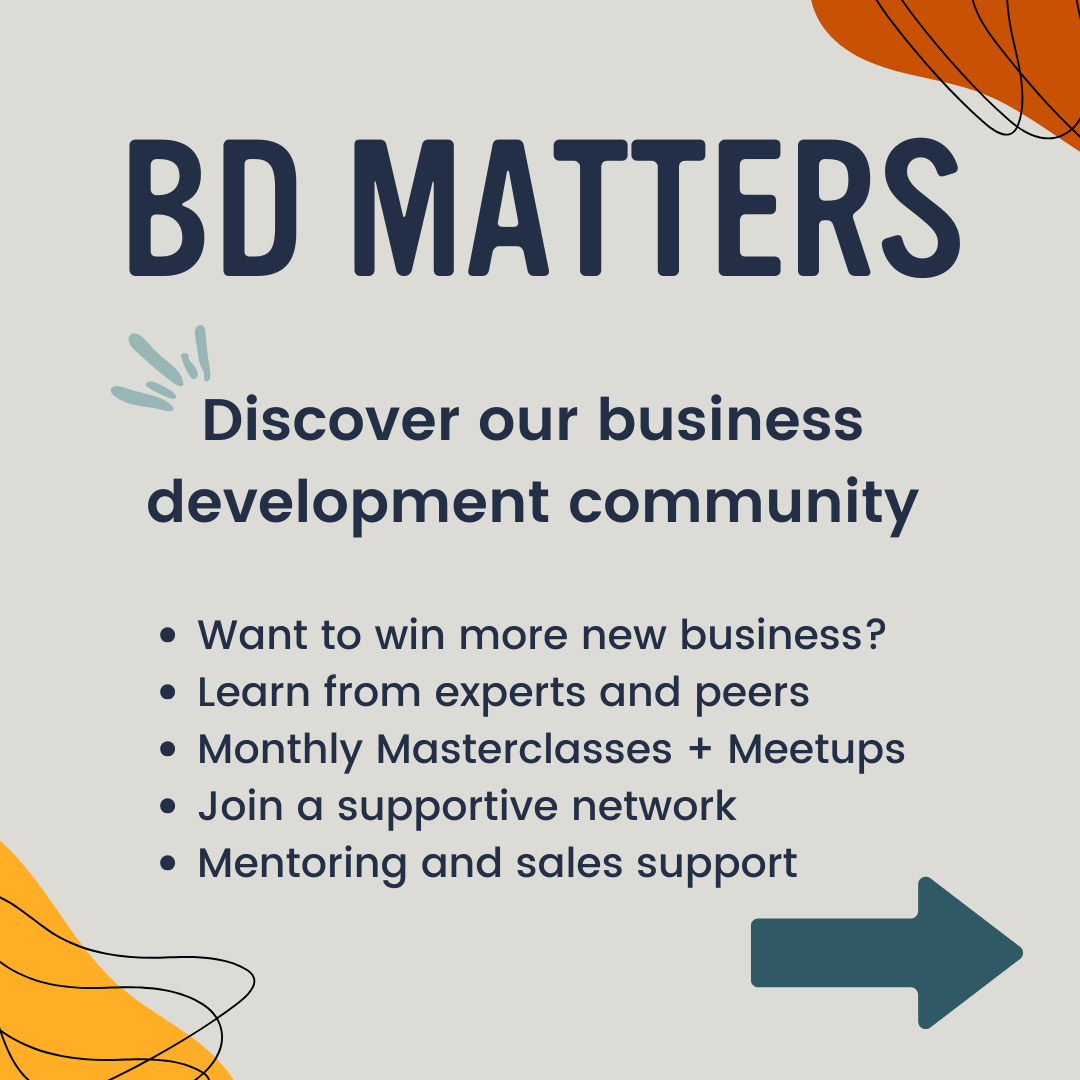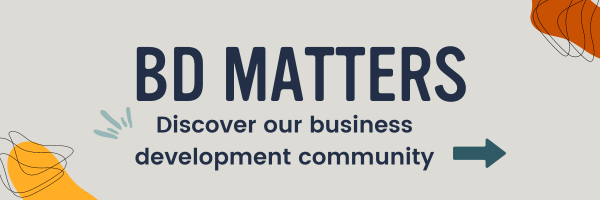
Take back control: how to be self-sufficient
November 18, 2019
When I use the term ‘self-sufficient’, most people think about growing their own food or at least Google does. However, the actual definition is ‘needing no outside help in satisfying one’s basic needs’. It’s a bit of a holy grail but is it ever achievable?
Today’s Agency Operating Model
There are currently a lot of discussions and blogs around agency operating models as brands try to fulfil the demands of a modern-day marketing team and agencies pivot to find balance and remain adaptable. One trend has seen more clients take marketing in-house and so to create an equilibrium, agencies have adopted a more agile way of working and minimised staff overheads by scaling through a more fluid network of specialists.
There are some down sides to this way of working such as the risk of losing IP and knowledge within a core team and the reliability of freelance resource. However, it does appear that a balance can be struck if the agency adopts a model whereby at least a core of its employees are fixed to service clients, whilst freelancers are brought in as and when necessary.
But why can’t clients expect to be more self-sufficient? Whilst certain skills and services are always more suitable to outsource, a consultative approach by agencies means they can upskill the client’s team and in the long run make them redundant. From an agency perspective, you may think this is suicide, but it isn’t, you’re simply adapting to the genuine needs of your clients rather than trying to ‘flog a dead horse’. I believe this is what clients are looking for. People want to see more transparency, honesty and ethics. They need the specialists, but not forever. Quick and scary market shifts, like we are seeing year on year, means businesses must operate leanly. They don’t want to get caught out paying for skills they don’t need as that would lead to redundancies and downsizing.
There is no doubt that clients will continue to need agencies for their specialist skills and for the advantages of having an external relationship, but I think many brands aspire to the ideal of being more self-sufficient so they can save money, take more immediate action and train their employees to become more diversely skilled and truly built into the fabric of the company.
So, this does put a greater strain on agencies to find new business as there will be more project work rather than long-term retainers, but this might be healthier for work and relationships anyway. I also believe that this is where innovation will happen as agencies are forced to transform and find new and better ways to service their clients.
Agencies want Self-sufficiency too
It’s not just brands that are on this journey, agency owners want the same thing – all businesses do. If you can make something work effectively in-house, then it’s going to be much more profitable in the future. And it’s not just reliability on agencies, it’s also within your interest to make the business less reliable on the owner.
Business self-sustainability is the #1 thing investors look for in a business. So, if you’re looking to sell your business or thinking about your exit strategy, then self-sufficiency should be your goal. However, we know how hard it can be to find your successor and hand over the reins to something you have invested so much time, energy and love into. I think the earlier this mindset is built into the culture, the easier it is to pull off. Many agency owners are still wedded to certain client relationships and processes that they fear would crumble if they took a backseat. When any issues arise, they get dragged back into firefight and then guess what, new business suffers and growth stalls.
The agency owners need to be focused on growing the business and leading from the front but if they have always stepped in at the crucial point, then the surrounding team won’t have the belief they can do it alone. Once you’re 15+ people and have been going for a similar amount of time, it becomes much more difficult.
I’ve been working with a few 1-2-man agencies and we are already trying to build in a culture of offloading work and trusting others to step up. This obviously comes with sacrifices such as you not doing the work you have always loved doing and possibly the quality not being up to the standards you live by. But if you want to grow a successful business, this will make it much easier and less stressful. People can only learn one way and that is through vital hands on experience.
If people know the vision, then they don’t need to be told the exact steps to get there. They don’t need a roadmap; they need to be trusted to deliver and empowered to make it happen. So much micromanagement goes on in agencies and many owners aren’t even aware they’re doing it. The reality is, they’re not helping anyone by giving employees the answers, particularly themselves.
Process and automation
Self-sufficient businesses can only be sustained through creating business systems that are automated and not reliant on the owner/s.
Process is a word that fills some with fear, other with joy. Does it make you think ‘mind-numbing tasks’ or ‘mind freeing empowerment’? As any business grows, so will the complexity of people and clients that it needs to manage. Spreadsheets turn to CRMs and accountancy software, and in case you’ve been living under a rock, we’re not short of a few tools to help us track, manage, analyse etc. I would urge you to look at what can be useful to you. Using them will save you money and time and ensure consistency and quality. Again, bringing these ideas in early and encouraging them to be part of culture will all help your business scale and stay ahead of the competition. I see far too many dinosaur businesses that are unable to grow because they are too focused on medial tasks, overusing archaic processes and not being smart about their use of data. You should constantly analyse what you do and when you create a new tool or template for a client then roll it out to everyone, so each time you don’t have to recreate the wheel.
At Gray Matters, we have tried to follow this philosophy. The whole premise of our business is to empower and mentor agency owners and their teams to be better at attracting and winning new business. We don’t want you to have to pay endless retainers to anyone in order to win new business; it’s not ethical or sustainable. This way you’re in control.

